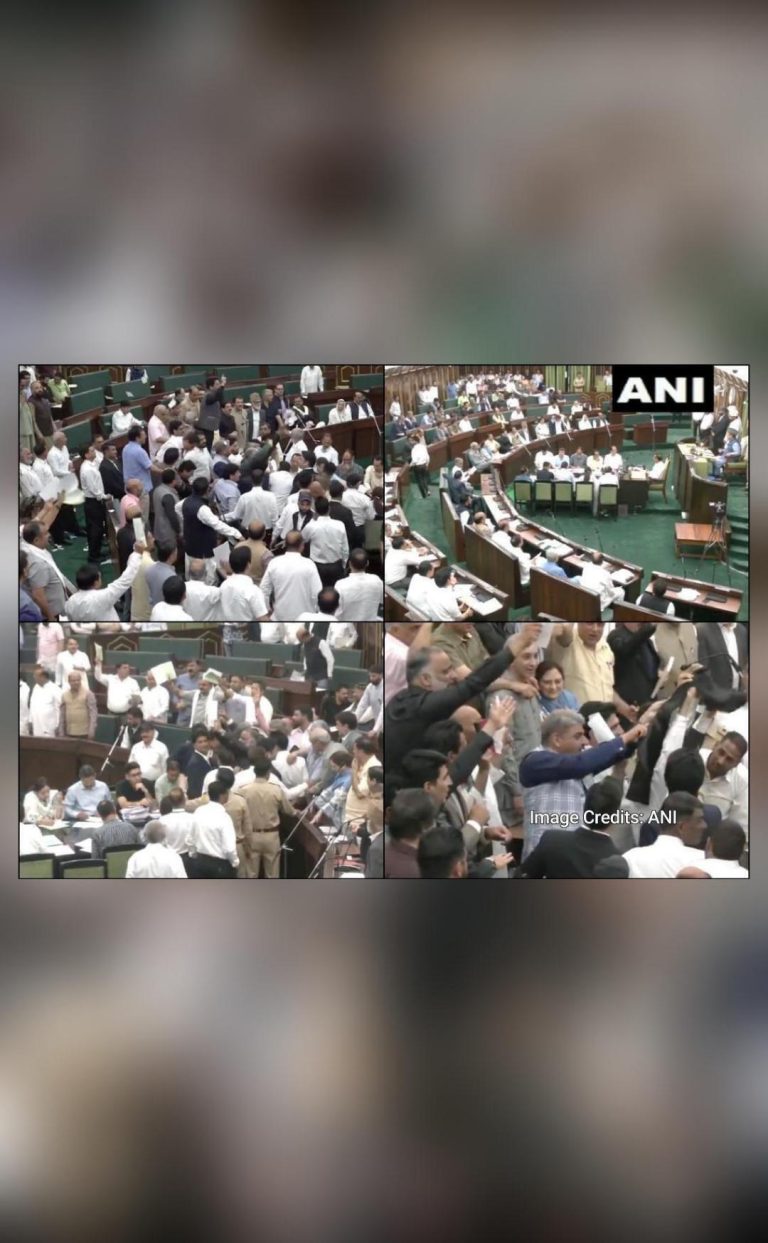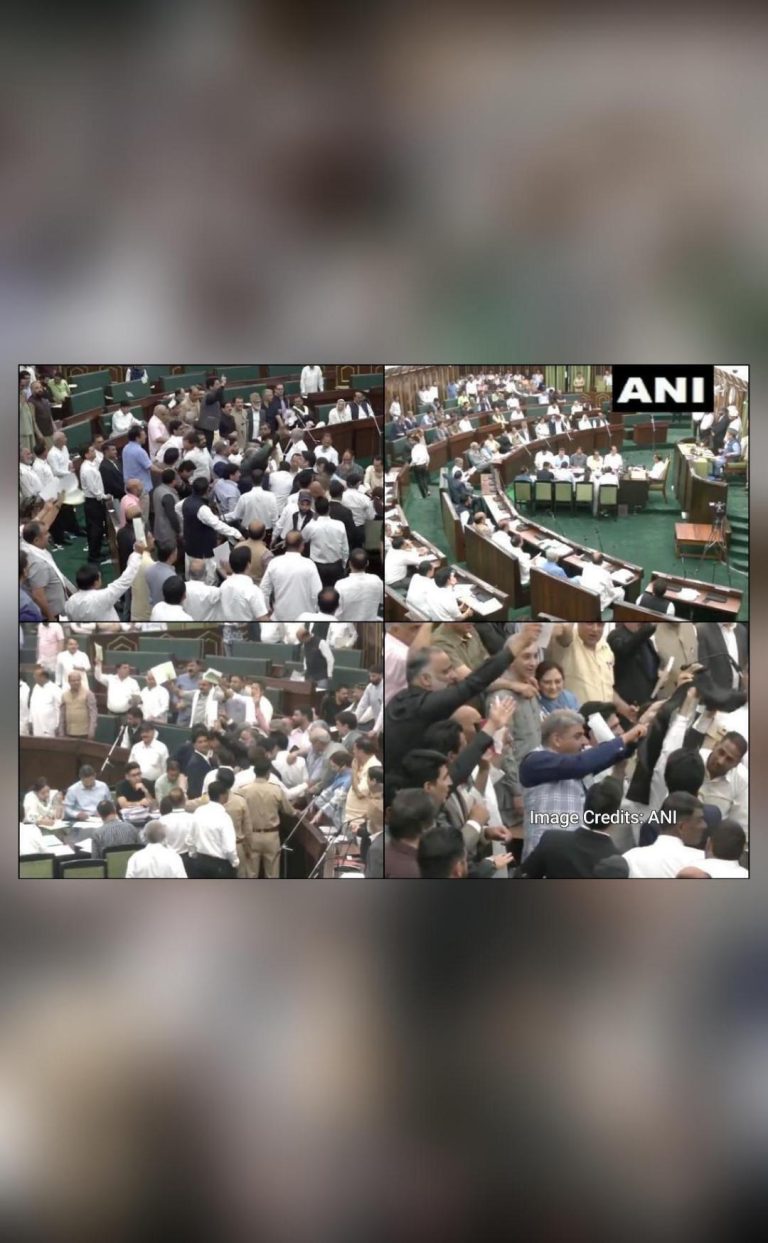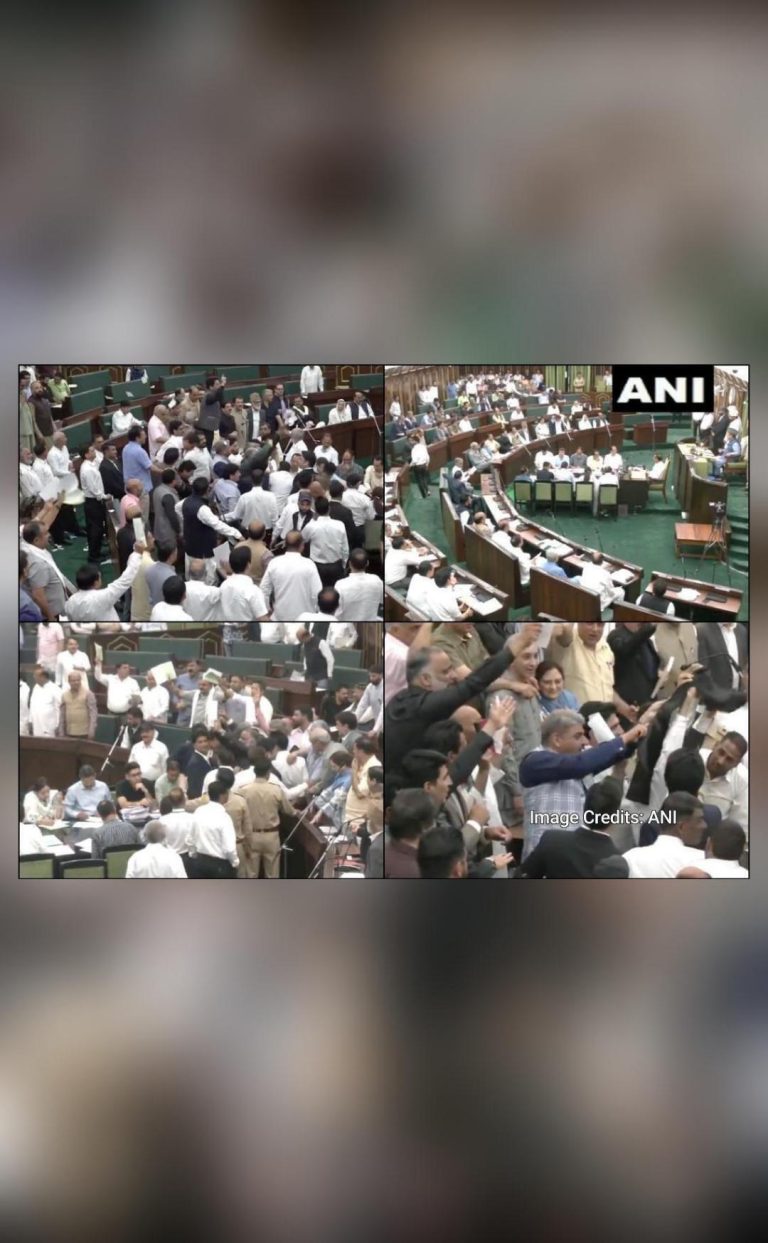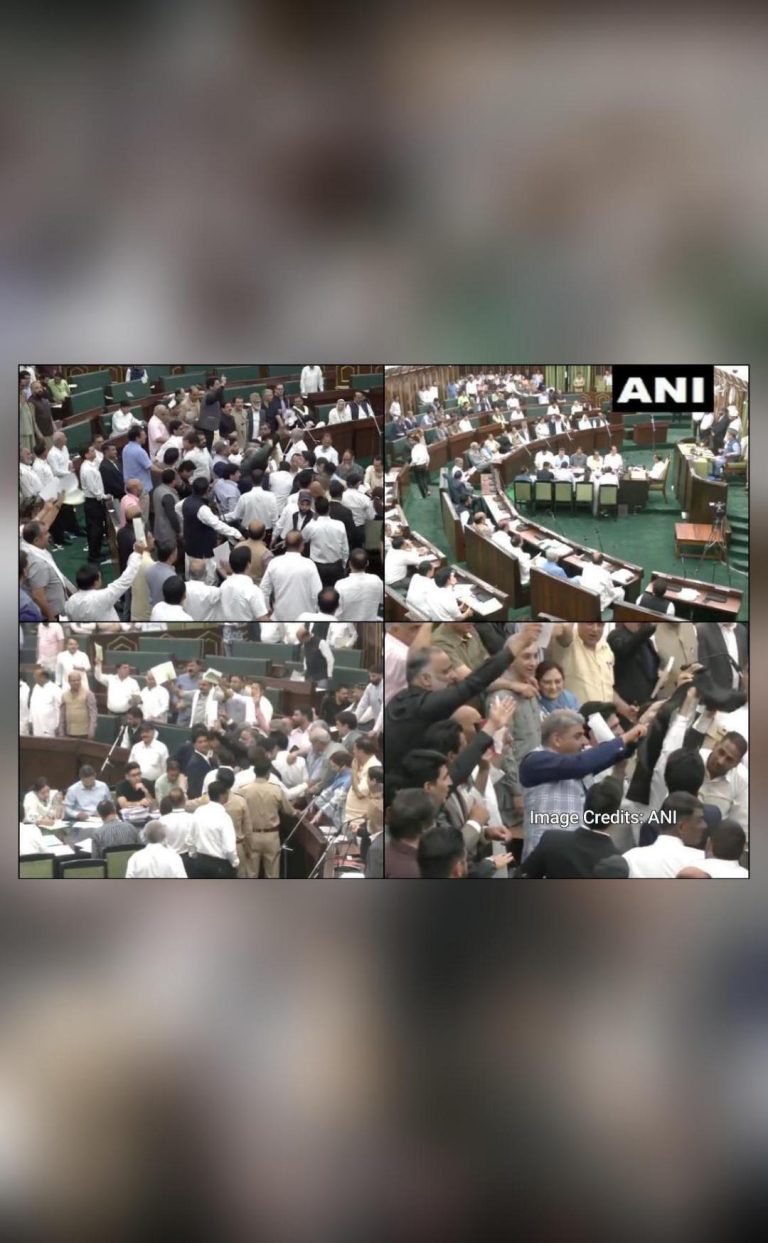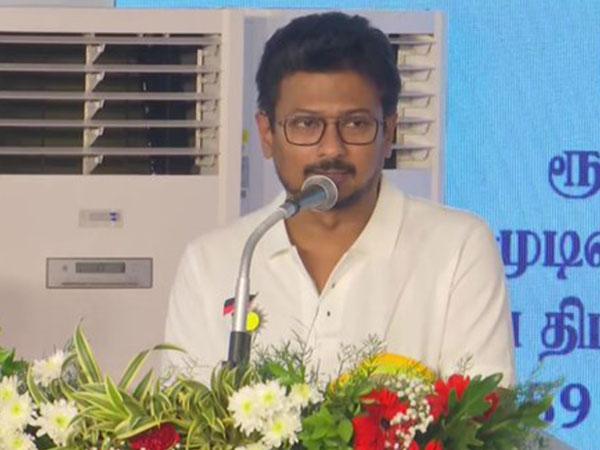
Our CM won’t accept Hindi imposition under NEP: Tamil Nadu Dy CM
The National Education Policy (NEP) has been a topic of much debate in India, with various states having different opinions on its implementation. In Tamil Nadu, the issue has taken a contentious turn, with the state’s Deputy Chief Minister, Udhayanidhi Stalin, accusing the Centre of imposing Hindi through the policy. Stalin’s statement has sparked a heated debate on language policies, with the Centre pushing for multilingual education across the country.
According to reports, Stalin made the statement while speaking at an event in Chennai, where he criticized the three-language formula introduced by the NEP. The formula, which aims to promote multilingual education, has been criticized by many, including Stalin, who claims that it is an attempt to impose Hindi on non-Hindi speaking states.
“Our Chief Minister will not accept the imposition of Hindi,” Stalin said, adding that the Union government is trying to impose Hindi on the state. “The Union government is trying to impose Hindi, and our Chief Minister will not accept it.”
Stalin’s statement is a reflection of the long-standing tensions between the Centre and Tamil Nadu over language policies. The state has a rich cultural heritage and a distinct language, Tamil, which is spoken by millions of people. The state has been a strong advocate for the promotion of Tamil language and culture, and any attempt to impose Hindi on the state is seen as a threat to its identity.
The NEP, which was introduced in 2020, aims to promote multilingual education in India. The policy recommends that students should study three languages, including their mother tongue, Hindi, and English. The policy has been welcomed by many, including the Centre, as a step towards promoting linguistic diversity and cultural exchange.
However, the policy has been criticized by many, including Stalin, who claims that it is an attempt to impose Hindi on non-Hindi speaking states. Stalin argues that the policy is unfair to states like Tamil Nadu, which has a distinct language and culture. He claims that the policy is an attempt to erase the cultural identity of non-Hindi speaking states.
The dispute over the NEP is not limited to Tamil Nadu. Many other states, including Kerala and Karnataka, have also expressed concerns over the policy. The states have accused the Centre of imposing Hindi on them and have demanded that the policy be revised.
The Centre has, however, denied any attempts to impose Hindi on non-Hindi speaking states. It has argued that the NEP is a policy aimed at promoting linguistic diversity and cultural exchange. The Centre has also claimed that the policy is voluntary and that states have the freedom to implement it as they see fit.
The debate over the NEP has sparked a wider discussion on language policies in India. Many experts have argued that the policy is a step towards promoting linguistic diversity and cultural exchange. Others have criticized the policy, arguing that it is an attempt to impose Hindi on non-Hindi speaking states.
The dispute over the NEP is a reflection of the complex language landscape in India. With over 22 official languages and countless dialects, India is a linguistically diverse country. The Centre’s push for multilingual education is seen as an attempt to promote linguistic diversity and cultural exchange. However, the policy has also been criticized for its potential to erode the cultural identity of non-Hindi speaking states.
In conclusion, the dispute over the NEP is a complex issue that reflects tensions over language policies in India. While the Centre’s push for multilingual education is seen as an attempt to promote linguistic diversity and cultural exchange, the policy has also been criticized for its potential to impose Hindi on non-Hindi speaking states. The debate is likely to continue, with states like Tamil Nadu demanding greater autonomy over language policies.
